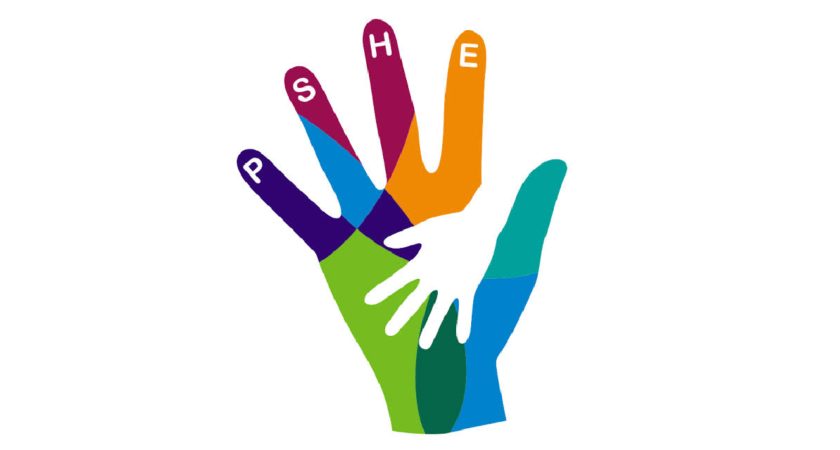Personal and social
Personal and social capability focuses on a range of skills important for children and young people, both in and out of school.
This general capability has 4 main parts:
- self- awareness – knowing their own emotional states, needs and perspectives
- self-management – learning when and how to use strategies to manage themselves
- social awareness – recognising others’ feelings and knowing how and when to help them
- social management – interacting effectively and respectfully with adults and peers.
Examples
As they develop personal and social capability, children and young people understand their emotional responses and develop a realistic sense of their personal abilities, qualities and strengths. They learn to manage their responses and persist when things get difficult. At school, we want children to show respect for others with different points of view, and to communicate effectively, work in teams and develop leadership skills.
One example is year 4 students in health and physical education who learn about developing positive relationships and explore how friendships change over time from their own and others’ points of view.
While studying the arts, year 10 students consider different social and cultural perspectives as they design artworks for different purposes, learning how to communicate their ideas and understand diverse perspectives.
In technologies, students in years 1 and 2 think about the impacts of their decisions on the environment and people when selecting materials to design and make things. They talk about ways they can take responsibility for their own actions, as they think through the use of products from the school garden or from recycled materials.
Helping your child
You can help your child develop personal and social capability by:
- asking your child to take responsibility for organising their things
- involving your child in family decisions according to their age and ability
- talking about the different rules that apply at home, school and community spaces
- showing kindness and respect in your own relationships with adults and children
- encouraging your child to persist and solve problems.

